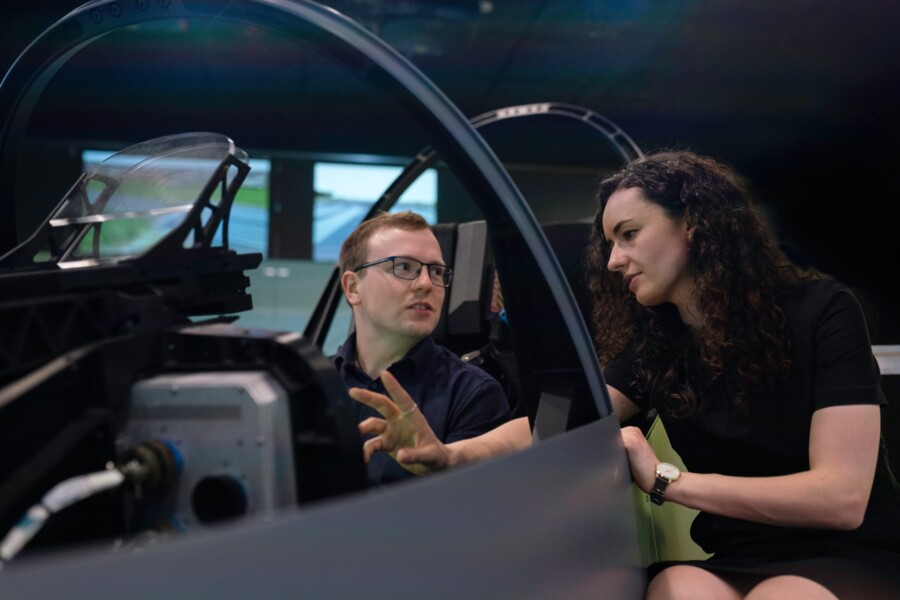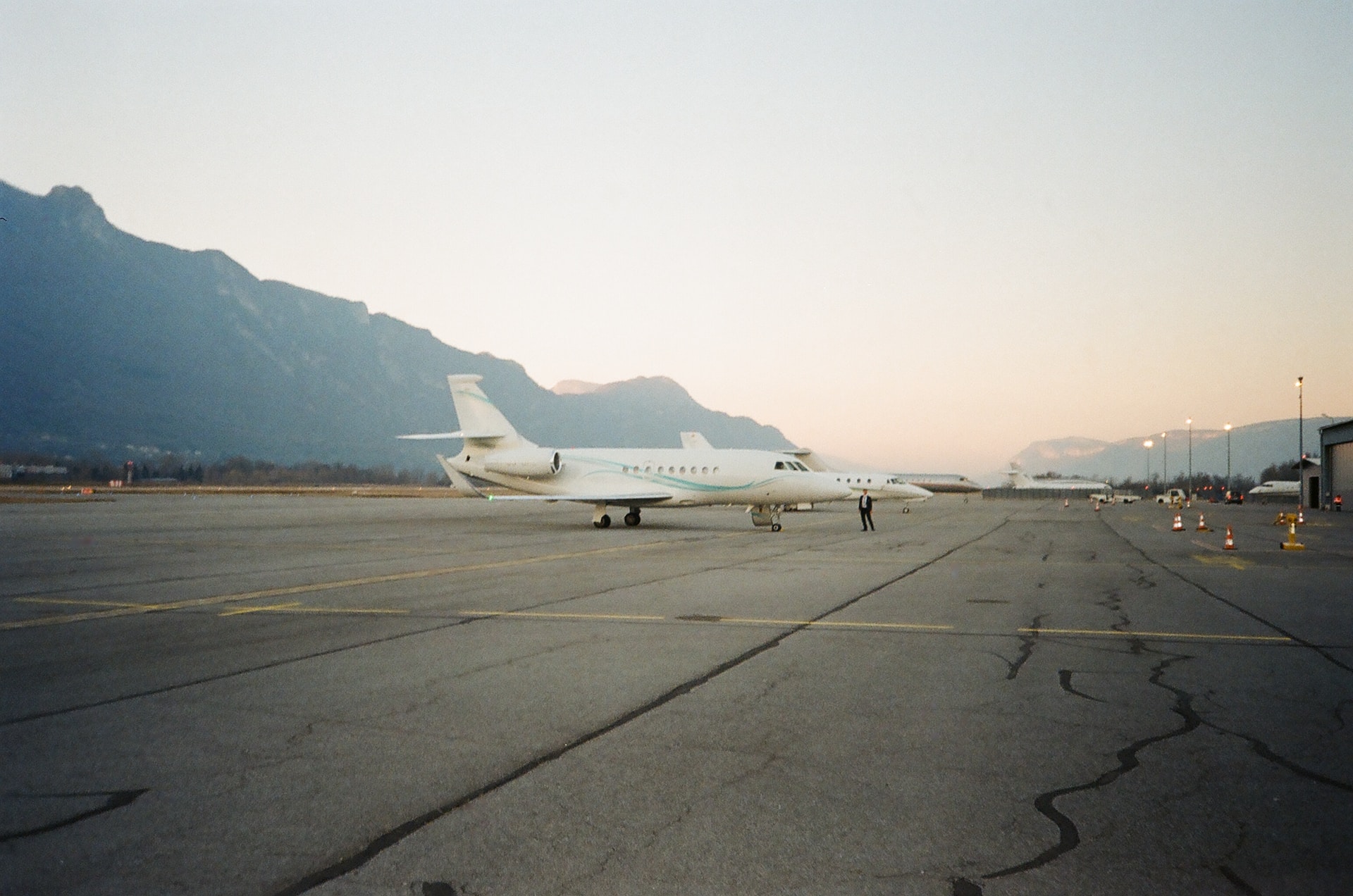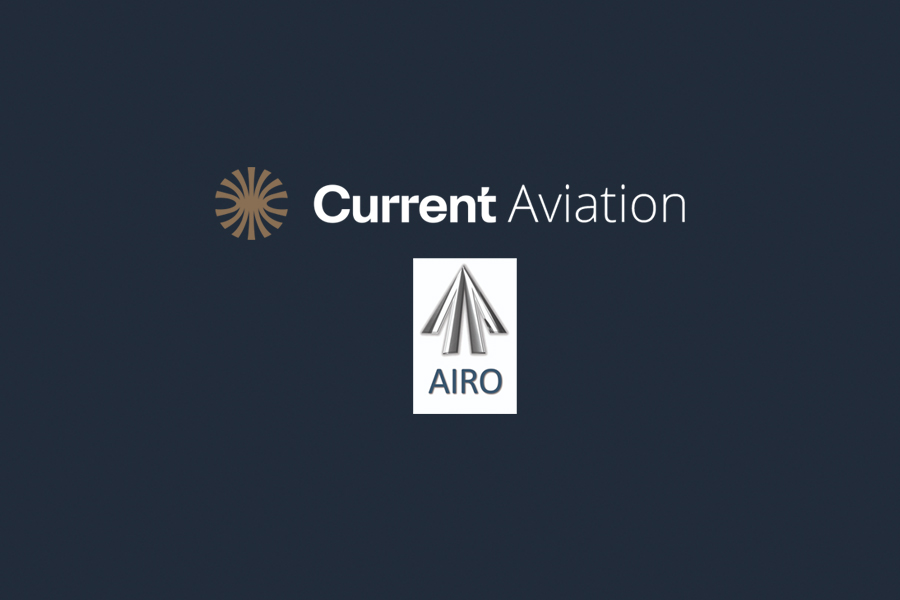Share

“How did it get so late so soon?”
We don’t often quote Dr. Seuss, but the question he posed many years ago has particular relevance in the airline industry today, as airlines throw money, hubris, trips to Congress and the kitchen sink at a problem – pilot shortages – that we knew about decades ago, but are now scrambling to fix.
We are also learning, painfully, that there is no quick fix, because the most significant hurdle to a solution is time – specifically, the 1,500 hours of flight time that aspiring pilots need before they can sit in the right seat of a commercial aircraft.
And the only commodity that money, hubris, trips to Congress and the kitchen sink can’t buy is…time.
We can’t buy time, either, but we can be a part of using it more effectively. This is why we’re excited to announce our partnership with the training division of aviation innovator AIRO Group Holdings, to reduce flight training time from a matter of years to a matter of months.
Our approach makes the best use of an aspiring pilot’s – and the industry’s – time.
The U.S. pilot shortage problem by now is well-defined: Industry watchers for years have warned that the once-robust supply of former military pilots going into commercial flying was drying up. Non-mlitary aspirants weren’t filling the gap, which was not surprising given that in 2013, Congress raised required minimum flying times to 1,500 hours – up from about 250 – and mostly on the student pilot’s dime. (For more on the impact of that decision, visit our blog).
This meant that aspiring pilots faced five- and six-figure training costs (for college, flight school, then plane rental and other expenses), and as much as two years to log the 1,500 hours – by flying banners over stadiums, doing touch-and-go’s at the local airport or slipping the surly bonds for some recreational flying on weekend afternoons.
The latter doesn’t teach students much about the demands of multi-engine, commercial flying. Moreover, it involves a lot of work, and money, with a payoff of gaining a relatively low-paying starting job at a regional or charter airline. Many decided to go into other fields.
Still, much of this was manageable until the pandemic, when major airlines offered early retirements and voluntary layoff packages to tens of thousands of experienced pilots and the instructors and check airmen who trained and certified them. When business bounced back, there just weren’t enough pilots or instructors to fill the demand.
We’re all living the results in the U.S. Airlines have cut schedules, packing more people into airplanes flying between larger cities (with significant impacts on smaller cities and towns). The majors have started their own flight schools. They’re also poaching the pilot ranks of the regional airline industry, forcing regional carriers to raise pay scales, shutter or significantly cut service that smaller towns relied upon.
It’s a problem that won’t resolve overnight, but our approach – combining AIRO’s commercially focused flight training program with Current’s ability to match aspiring pilots to flight opportunities around the world – is a rational solution to a problem decades in the making.
AIRO will provide flight training on multi-engine aircraft, geared specifically for those interested in commercial, rather than recreational, aviation. Current Aviation will use its network and technology to match students to opportunities to build the 1,500 hours of flight time required after classroom training to obtain a commercial aircraft certification.
Current will help place students with pilot opportunities in commercial settings, as charter pilots, for example, or in smaller aircraft where flight hour requirements are significantly lower and pilots can gain meaningful experience more quickly.
The implications of this approach for long-term stable pilot employment and the commercial aviation industry are significant. Long-term, this partnership helps put qualified pilots into the pipeline more quickly – benefiting carriers and the communities they serve – and gives aspiring pilots an opportunity to choose a career in commercial aviation.
To learn more about our approach, come see us at the National Business Aviation Association conference in Orlando this week (we’ll be with AIRO at Booth 2400A), or email us at info@currentaviation.com.
Editor’s note June 12, 2023 – Agile Flight Academy has been renamed Magellan Aviation, operating independently of the Airo Group.
STAY IN THE LOOP
Subscribe to our free newsletter.
Press Release - Current Aviation, Inc. and AIRO Group Partner to Power the Pilot Pipeline




